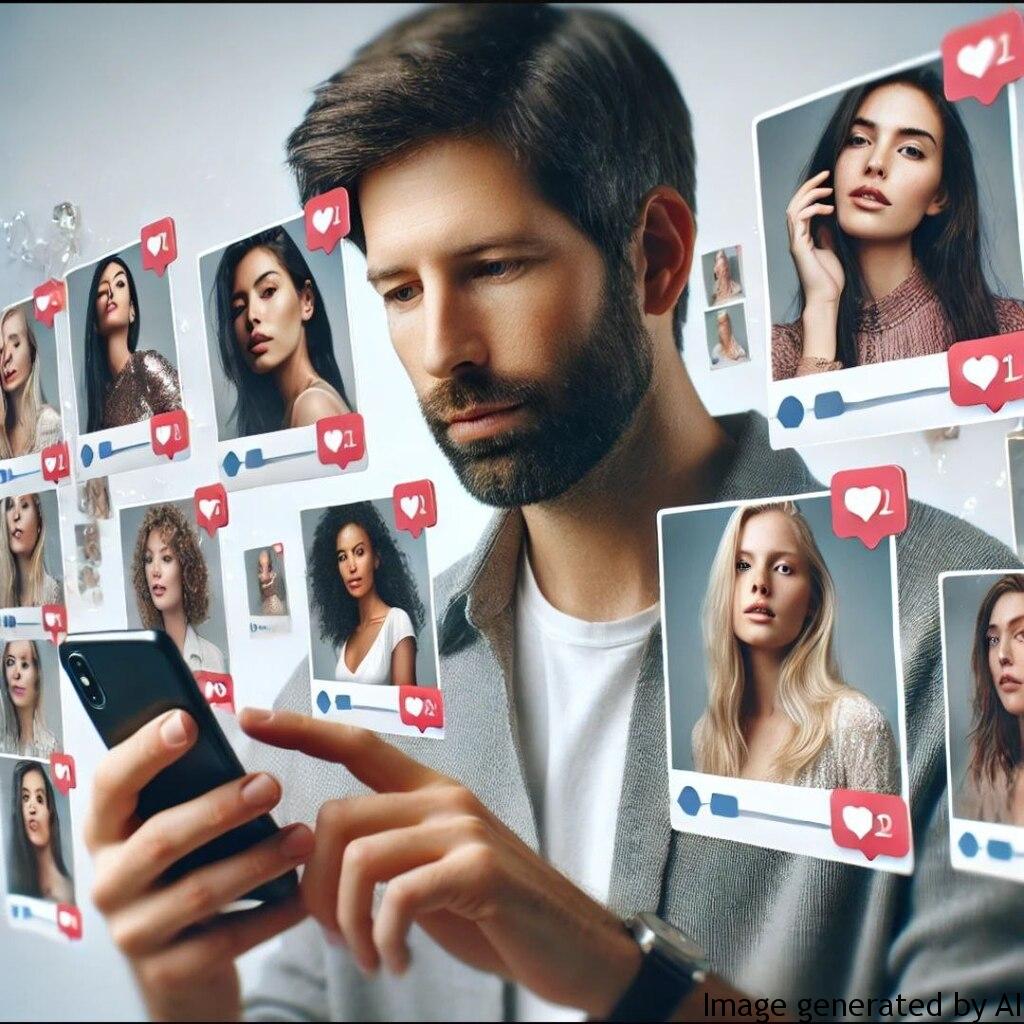Introduction
In the digital era, social media platforms have quickly become significant influencers in our everyday lives. These digital platforms play a crucial role in the formation of opinions, shaping of identities and definition of behaviors, particularly on aspects related to sexuality. Men’s sexual behavior, like any other facet of human life, has been notably affected by social media. This article aims to shed light on the influence of social media on male sexual behavior.
Description of Gender Expectations and Their Influence on Men’s Mental Health
For eons, society has imposed particular norms and expectations to define ‘masculinity’. Men are expected to be virile, dominant, and sexually active. These gender expectations are often propagated and intensified by social media, pitching an unrealistic portrayal of male sexual behavior.
The Misrepresentation of Masculinity
Over-sexualized images of men, explicit content and a constant bombardment of provocative imagery often paint an unrealistic portrait of what male sexuality should entail. This constant exposure inevitably impacts how men perceive their own sexual behaviors.
Impact on Men’s Mental Health
Attempting to conform to pressures of maintaining a hyper-sexualized image can significantly affect men’s mental health. It can lead to a range of psychological issues such as anxiety, depression, low self-esteem, and in extreme cases, it may feed into body dysmorphic disorder and sexual dysfunction.
Examples of How Gender Roles Influence Men’s Lives
Gender roles perpetuated by social media can influence men’s lives in several ways, especially regarding dating and relationships. The expectation that men should always initiate sexual contact can lead to pressure, anxiety, and confusion. On the flip side, men who do not or cannot conform to these sexual expectations may face social ostracization and stigma. Many men might feel pressured to project a certain image on social media, leading to harmful practices such as ‘cyber-macho’ behavior which can negatively impact offline relationships.
Tips to Improve Mental Health Keeping Gender Roles in Mind
While it’s tough to completely annihilate the influence of social media, it’s crucial to encourage healthier behaviors. Here are some recommendations:
- Promote open conversations about sexuality.
- Foster a non-judgmental environment where men can express their feelings and fears.
- Encourage men to seek professional help if they’re battling with mental health issues caused by these pressure.
- Encourage media literacy programs to help men critically analyze and understand the content they consume on social media.
Conclusion
While social media has the power to connect and inform, its unregulated nature can breed and proliferate harmful stereotypes around male sexuality. It’s important to recognize that the portrayal of male sexual behavior found on many social media platforms is often a misrepresentation of reality. Encouraging open discussions, offering support, and teaching media literacy are key steps towards the promotion of healthy male sexual behaviors in the digital age.

